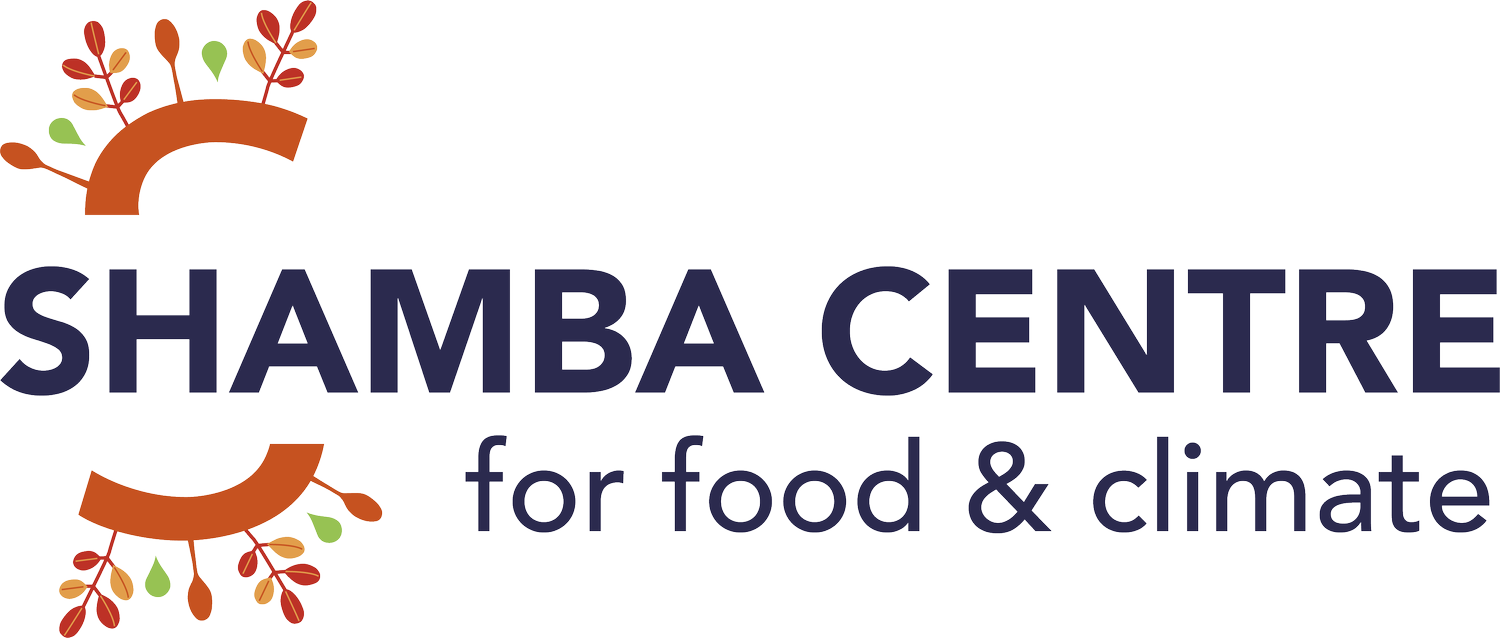
Building successful partnerships to end hunger
10 June 2024
Felix Pensulo Phiri, the new Senior Policy & Partnerships Manager, Nutrition & Food Systems at the Shamba Centre for Food & Climate, provided the keynote address at the recent GIZ Food and Nutrition Security Programme Global Conference on Food Systems. Below, is an excerpt from his speech in which he discussed partnerships and how development agencies can work together successfully with national stakeholders to achieve food system transformation.
Food system transformation has taken centre stage on the global agenda. Across Africa, governments are discussing food systems, including within the African Union. While we do not have a magic solution on how best to transform food systems, we know that it requires collective partnership across sectors from development institutions, private companies, government ministries, civil society, research institutions, etc. We have many independent initiatives underway but they need to be brought together around a common goal.
How do we build successful partnerships?
Strong partnerships need to be built on understanding country needs, aligning with the government’s agenda. As a partner with a national government, you need to build trust and demonstrate that your role is to provide support and are willing to be led by them.
On the other hand, recipient countries must demonstrate commitment and work towards agreed goals. Meaningful leadership can help to attract partners and build confidence in government, resulting in resource availability. In order to build strong relationships and trust, it is also beneficial to challenge partners professionally and objectively with facts.
Building strong partnerships is more difficult than is often assumed. Let me share five elements that I consider to be key for strong partnerships:
Trust: More easily said than done - how to build trust? Both sides need to be transparent and authentic in their communications. Don't raise expectations when you are not sure whether you will be able to fulfil them. Don't be afraid to be honest about your limitations when it comes to rules and regulations, e.g. in procurement. Announce realistic timelines and stick to your word. Ideally, both partners will do all of these. All the time.
Perseverance: Building trust takes time. Don’t expect partnerships to be effective from day one. It takes time to build a strong and trusting relationship. Never underestimate the role of national or government staff in the process. Remember, they are just like you.
Put your own agenda second: Who supports whom? Sometimes the focus of government officials changes, and they spend more time and effort on making development partner-funded programmes work. Should it not be the other way around? We acknowledge that donors and their programmes have their own agendas to follow. However, if we want to be honest in our partnership, your agenda should not entirely override government priorities. Or, don’t make it visible. Ideally, demonstrate how your agenda builds on the government’s agenda.
Flexibility: In government, there is nothing like flexibility. One has to follow some prescribed ideas, especially when it relates to policy. However, not every process goes according to plan, not every timeline can be met, and not every activity can be planned ahead of time. Partners need to be sufficiently flexible to adapt their support to unforeseen changes and plans. This helps the government achieve and build a stronger team based on mutual understanding.
Visibility: Everyone wants to be visible. However, it is essential to find the right balance between taking the space for yourself and leaving it to the government partner. Sometimes partners focus more on their own visibility rather than promoting a collective response or supporting government systems for sustainability.
As the saying goes, birds of a feather flock together. Therefore, always treat partners equally to mitigate unforeseen challenges. It is not always a given that good intentions will automatically lead to good results. Partnership should not be left to a game of chance: It needs to be an integral element of the programme design.
There are many examples of successful partnerships. Based on my experience in Malawi, the GIZ Food and Nutrition Security Programme (GIZ-FNSP) is one prominent example. In this case, the capacity building and policy environment have enabled the government to create a budget line for nutrition at the local level with at least four nutritionists in each region. The programme facilitated the review of the policy, developed a costed strategic plan for nutrition, and helped draft the regulatory framework for food and nutrition.
GIZ has been a front-runner in advocating for better coordination and an enabling environment for food systems. They have supported assessments and research to inform policies and programmes. What makes GIZ unique has been its embrace of collective planning and execution with the government which is more empowering and sustainable.
On a more personal level, one day I had to reflect on how best I can support food system transformation. For me, I have found my space with the team of professionals at the Shamba Centre for Food & Climate and their work coordinating the Zero Hunger Coalition.
The Zero Hunger Coalition helps guide national food system transformation through their country roadmaps and mobilises the private sector for investment in food systems. The evidence-based and costed country roadmaps have already been developed for Malawi and Nigeria with roadmaps for Madagascar and Zambia soon to be published.
The roadmap’s recommendations are eye-opening but require action from all partners to operationalise. This is my new ambition.
